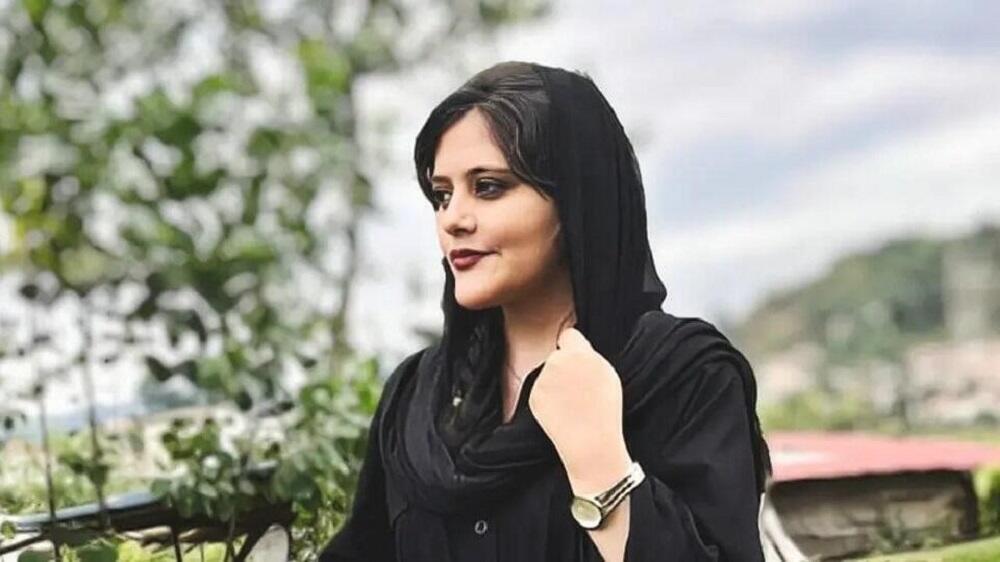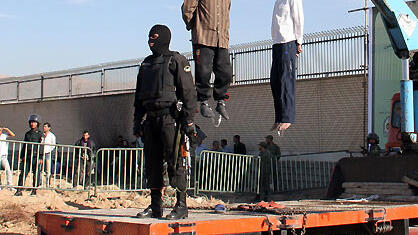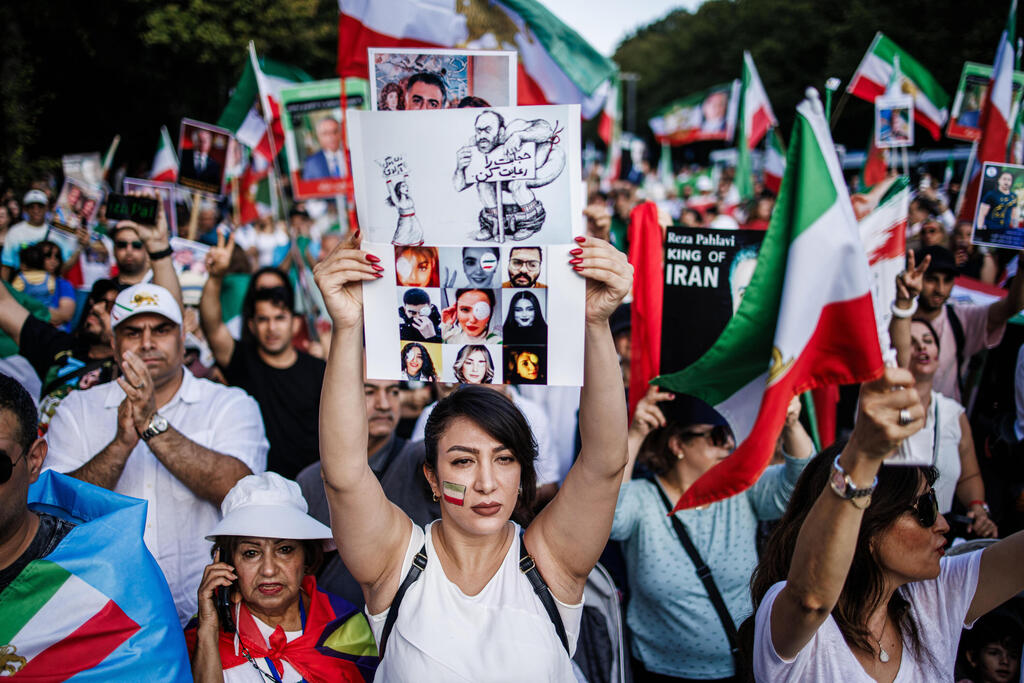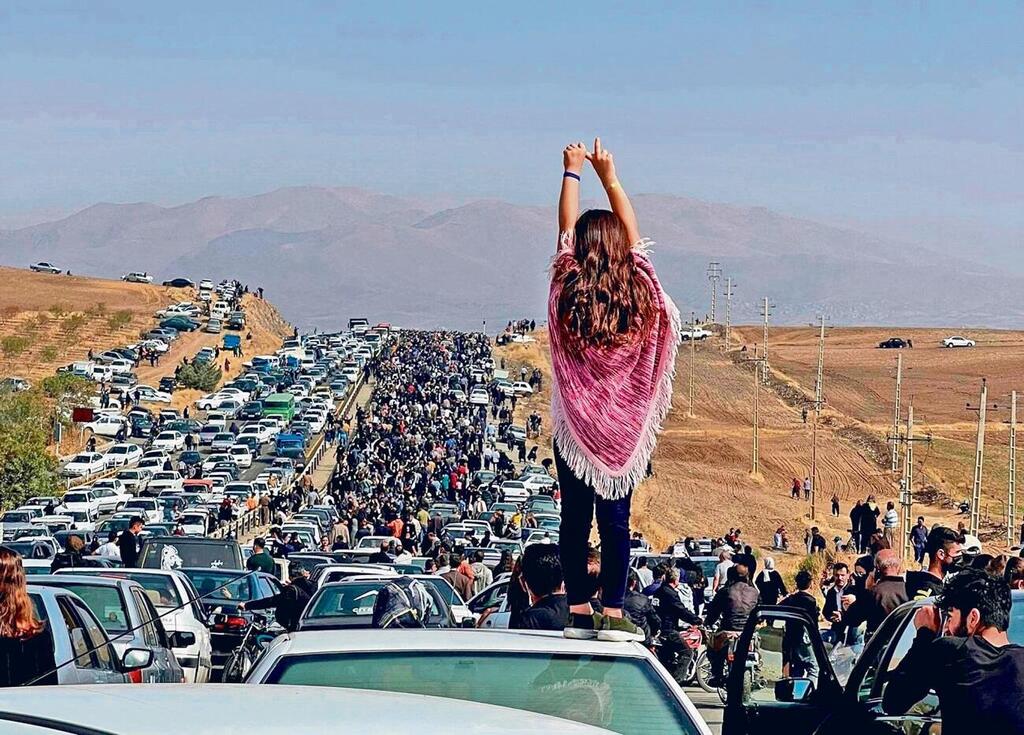Getting your Trinity Audio player ready...
In 2023, Iran executed 834 people, marking a 43% increase from 2022 and reaching the highest execution count in nine years since 2015's peak of 972, according to a joint report released on Monday by the Paris-based Iranian Human Rights Organization and Together Against the Death Penalty.
Read more:
The report charges Iran with escalating executions to instill fear among its citizens, responding to the widespread protests ignited in September 2022 by the death of Kurdish-Iranian woman Mahsa Amini in custody. Amini was detained and beaten by the country's morality police for improperly wearing her hijab.
At least nine protesters were executed after being convicted, often in flash trials, for clashing with police during the so-called "hijab protests." Another 471 Iranian citizens were convicted of drug trafficking and hanged, marking an 18-fold increase in drug offense executions compared to 2020. Women also faced death sentences on charges of prostitution, participating in protests and ignoring orders to abstain from rejoining protests after arrest.
At least 167 individuals sentenced to death belong to the Balochi Sunni minority, accounting for nearly 20% of Iran's executions, significantly higher than their 2% representation in the population.
Furthermore, only 15% of these executions were officially announced, with the remainder conducted in secrecy, often only becoming known through notifications from family members or close friends to human rights organizations.
In 2023, Iran tripled the number of public executions compared to the previous year, indicating that the use of death sentences is intended to instill fear and enforce compliance among Iranians through terror, according to the report. Traditionally, most executions were conducted within prison walls, but currently, they are increasingly carried out in central squares and public spaces.
Both organizations accuse Iran of sowing fear among its citizenry, especially young people, following the death of Mahsa Amini. Mahmood Amiry-Moghaddam, the director of the Iran Human Rights Organization, explained that "spreading fear among citizens is the most effective means to maintain the extremist regime. The death penalty deters young parents and prevents them from allowing their children from demonstrating and clashing with security forces."
Amiry-Moghaddam criticized the world's deafening silence regarding the surge in executions in Iran and said, "The absence of international outrage, coupled with the global attention currently focused on Gaza, the war between Israel and Hamas, only encourages the Islamic regime to continue and intensify its crackdowns."





